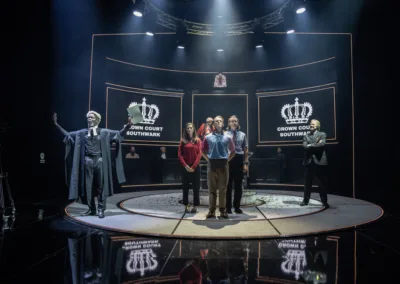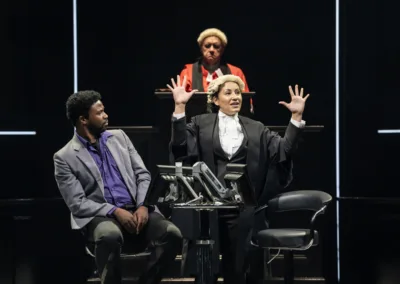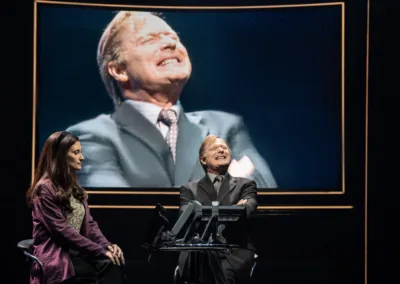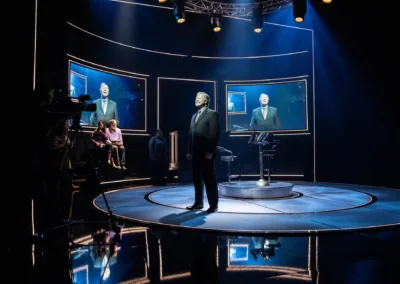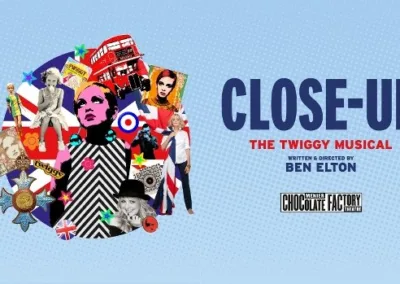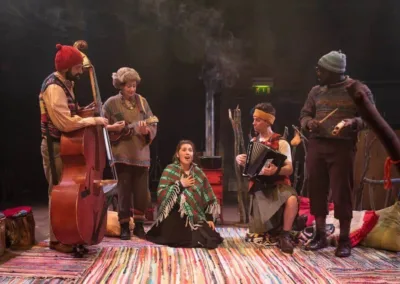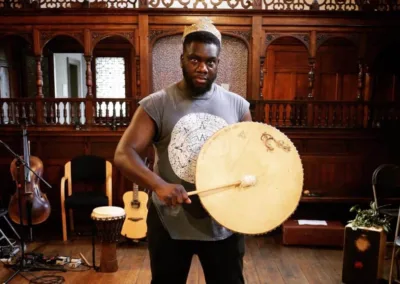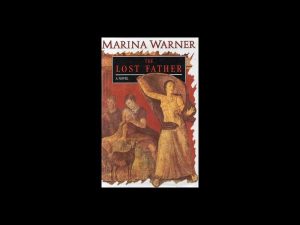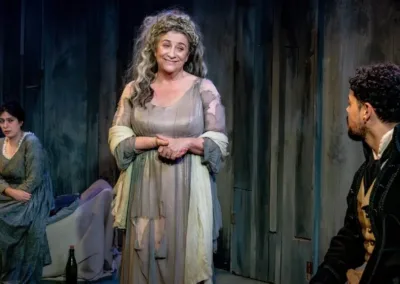
What a novel! First published in 1854, when Dickens was 42, it exudes anger about social injustice from the first page to the last.
I first read it as a set text on my English course at teacher training college, worked on it during my Open University degree and later taught it for GCSE but hadn’t, until now, revisited it for a while. And, of course, one of the great joys of rereading is that you notice different things at different stages in your life as well as responding to changing mores in your own time and culture.
For example, in chapter 3 Dickens makes it clear that Louisa is pubescent or even (in an age when girls developed later) pre-pubescent: “She was a child now, of fifteen or sixteen: but at a not distant day would seem to become a woman all at once”. A few pages later, in chapter 4, we find the repulsive, tedious hectoring, boastful, self important Bounderby who is nearly 50, begging a kiss from her. In 2023 we’d call him a paedophile and I’d never noticed that before.
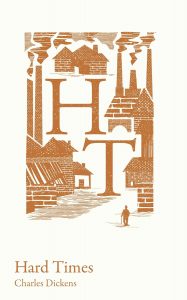
Another thing I wondered about a lot during this re-reading is Bounderby’s bedroom performance – or lack of it. Louisa is almost 20 when she marries this man whom she loathes. They are together for a while but there are no children. In Victorian novels children, or absence of them, usually convey a covert message about a couple’s sexual status. At the end of Jane Eyre, for example, Charlotte Bronte pointedly tells us that Mr Rochester eventually recovers enough eyesight to see his first born son. Perhaps Louisa could have had this distastrous marriage annulled on grounds of non-consummation? Towards the end of the novel Dickens mentions, in another context, Bounderby’s “blustering sheepishness” which would make a good discussion classroom point in relation to several aspects of his character.
Hard Times is, at heart, a satirical attack on ruthless, money-driven, exploitative industrialisation and the sort of education which is required to underpin it – if you take the principles to their logical, comical extent. The opening of Hard Times is famous for its depiction of a fact-driven classroom in which one boy is commended for his long, wordy definition of a horse while Sissy Jupe, who has grown up in a circus training horses, is ridiculed for her lack of knowledge. Every modern teacher knows this passage and “Grandgrindery” has passed into the language as code for teaching/learning which over- emphasises irrelevant theory.
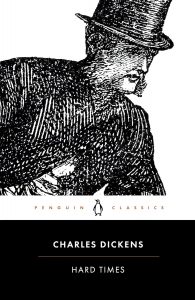
Mr Gradgrind, who owns and funds the school, is not a bad man, however. He is initially misguided but eventually changes. He loves his children too. Characterisation in Hard Times is often beautifully nuanced. Other characters who are subtly drawn include Sissy who starts as a nervous child abruptly removed from her own environment and develops into a wise, kind, practical young woman and a worthy “sister” to Louisa especially when things go seriously wrong. Also a delight is Mr Sleary, the circus owner, who is kind, reasonable and warm although I wish Dickens had spared us the rather laboured phonetic representation of his lisp.
Both Gradgrind and Bounderby, who are good friends, have made their money – a lot of money – from the heavy industry of Coketown, the fictional northern town in which the novel is set. The subplot, which ensures sure that we really do see the divide between the rich and the poor, concerns Stephen Blackpool, an innocent and decent factory worker who loves Rachael but who is saddled with a drunken, vagrant wife who occasionally returns to distress him. (Disastrous marriage is thematic in Hard Times.) Then Mr Bounderby’s bank is robbed and suddenly, the finger of suspicion lands on Stephen but it’s clear to the reader who is actually responsible in a fairly tightly plotted novel.
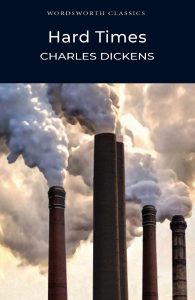
Two other things struck me afresh. First: I love, and have always loved, Dicken’s frequent, comic use of anaphora. “No little Gradgrind had ever seen a face in the moon. No little Gradgrind had ever learnt the silly jingle, Twinkle twinkle little star, how I wonder what you are! No little Gradgrind had ever known wonder on the subject …” And so he dances on and on. in similar mood, he compares the pistons of Coketown’s heavy industrial plant with “the head of an elephant in a state of melancholy madness” in chapter 5 and then refers to the elephants whenever he mentions the factories for the rest of the novel. Young Tom Gradgrind is continually, and rather contemptuously dubbed “the whelp”. It’s a Dickens trademark. In Great Expectations he repeatedly compares Wemmick’s mouth with a post office and who could forget Mr Carker’s teeth in Dombey and Son?
Second: how brave it was of Dickens – writing over a century before we got to post-modernism – to give us a post-modernist ending. He describes possible long term outcomes for his characters and then invites us to choose. It’s almost John Fowles territory.
Yes, Hard Times is a very worthwhile reread. If, on the other hand, it’s new to you then believe me, you have a treat in store. And if you think Dickens’s novels are always dauntingly huge then be reassured that this one is less than 300 pages.
Next week on Susan’s Bookshelves: Heresy by SJ Parris
